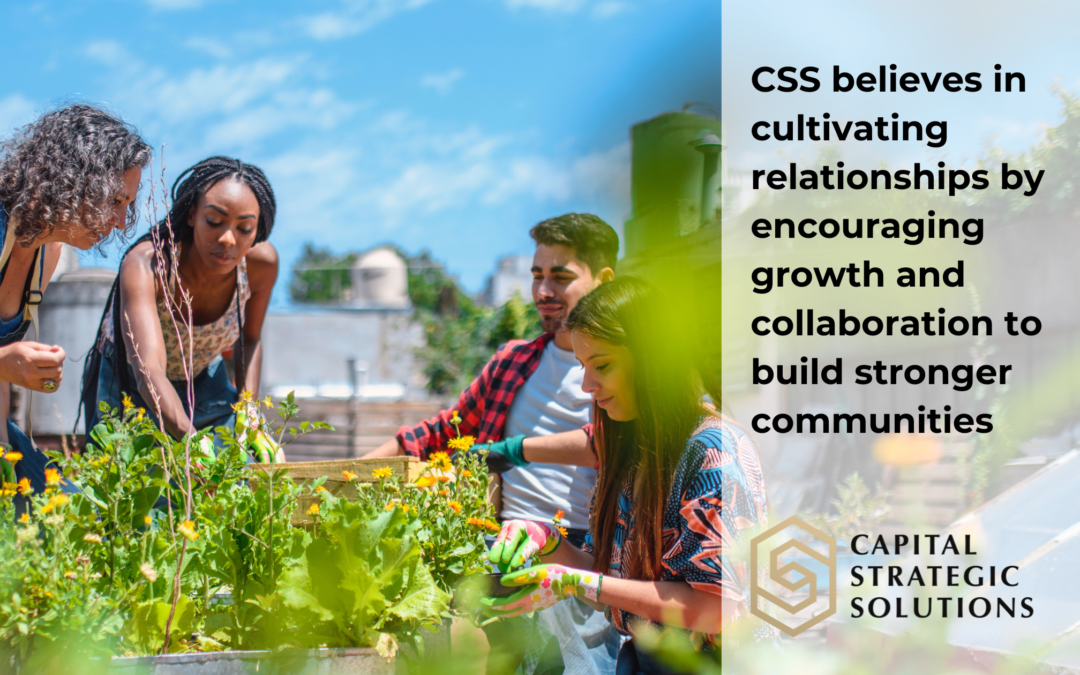Cultivating relationships is a powerful way to foster growth, collaboration and a strong sense of belonging among a community’s stakeholders. It is crucial for community leaders and organizers to be adaptable and responsive to a community’s changing needs and circumstances. By fostering inclusivity, offering diverse activities, and rebuilding social connections, communities can rebuild and even strengthen their sense of togetherness in the post-pandemic world.
Civic engagement continues to evolve. It continues to be important to take the time to actively listen to the needs, concerns and aspirations of your community stakeholders. Understand their perspectives and challenges. This empathy and understanding will help build trust and make them know they are valued. Encourage active participation from all members and create opportunities for them to contribute their ideas, skills and talents. This involvement gives individuals a sense of ownership and pride in their community.
By organizing in-person events or web-based platforms that facilitate networking and interaction among community stakeholders, including online forums, social gatherings or workshops, residents and stakeholders, together, can connect in a space that strengthens the community fabric. Community leaders can encourage collaboration among stakeholders through group projects, joint initiatives or partnerships, which not only leads to better outcomes but also strengthens the sense of unity within the community.
Community leaders should celebrate milestones, successes and contributions publicly to boost morale and motivate others to get involved. They should also provide resources, mentorship or assistance to individuals or groups within the community who are working on specific projects or facing challenges. This support fosters a culture of mutual aid and solidarity.
When community leaders ensure inclusivity and welcome people of all backgrounds, cultures and identities into the fold, they enhance the community with various viewpoints and experiences. This diversity of perspectives enriches discussions, decision-making processes and problem-solving, leading to more innovative and well-rounded solutions.
In any community, conflicts may arise. When they do, address them openly and constructively. Encourage dialogue and finding common ground to resolve issues and maintain a positive atmosphere. Communities evolve over time, so be adaptable to change and responsive to emerging needs. Regularly reassess goals and objectives and adjust your strategies accordingly.
Cultivating relationships is an ongoing process that requires dedication and effort, but the rewards in terms of a thriving, connected community are well worth it. By investing in strong relationships, your community can overcome challenges, achieve its goals, and create a positive and supportive environment for all its members.
Not all leaders are naturally adept at forming relationships, and different leaders possess varying levels of interpersonal skills. The ability to form meaningful relationships with others is an important aspect of leadership, but it is just one of many skills that contribute to effective leadership.
At Capital Strategic Solutions, we offer many different levels of assistance to cultivate and nurture relationships with community stakeholders. We also offer coaching at every level to build fundamental skills that play a vital role in effective communication, collaboration, and the overall success of individuals and organizations.
Contact us to see how we can help build your community.

